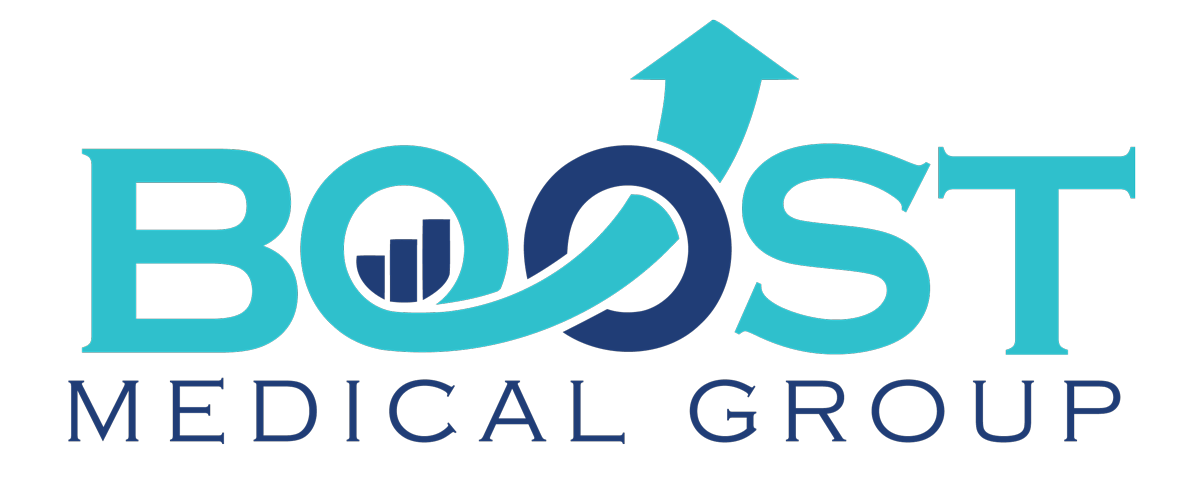When a person suffers a Traumatic Brain Injury (TBI), it’s critical that steps are taken as soon as possible to ensure the best outcomes for the person’s health and well-being. First, have the person screened for any possible injuries. Second, have them referred to a qualified medical professional as necessary. Finally, consider expert legal representation to ensure proper compensation, depending on the situation.
These initial steps are important, but the industries — medical, legal and insurance — barely scratch the surface when it comes to addressing TBI. And the statistics paint an ugly picture. Take auto accidents, for example. Ninety percent of people in an auto accident suffer a traumatic brain injury [TBI]. Alarmingly, less than 1 percent are diagnosed. Outside of neurologists and health insurance claims experts, very few understand the severity of brain trauma and the complications that can result from lack of proper treatment. It’s an injury that is extremely medically complicated.
Hitting MRI Flaws Head On
In most instances, injured people receive assessments at emergency rooms, urgent care facilities or primary care physician offices. The medical evaluation and care received are necessary but may be incomplete. Surprisingly, an MRI or CT scan can miss as much as 91 percent of the injury.
If you don’t have a full and accurate picture of the injuries and you pursue a personal injury lawsuit, you risk an extended legal timeline for resolution and the very real possibility of leaving money on the table when it comes to receiving maximum compensation. Boost Medical helps close these gaps in care and compensation, arming attorneys with the most transparent and comprehensive approach designed to revolutionize the personal injury market.
The Boost Medical Difference
Boost Medical conducts a thorough, full-scope intake screening that inventories hundreds of potential injuries. This information provides the attorney and client with a broad view of the case potential, pending medical confirmation. It’s far superior to any assessment based on the dollar value of vehicle damage, which had long been the norm.
With an inventory of injuries, the client’s orthopedic surgeon and/or neurologist can make the appropriate referrals to other medical professionals. If referred, Boost Medical conducts its own brain injury and AOMSI diagnostics, which provide quantitative data on the injury. Boost then converts the client’s data to match over 66,000 decision points used by insurance companies in underwriting personal injury claims.
Boost Medical utilizes a scientific breakthrough in brain health management and diagnostics that provides clinicians with objective data on a patient’s core brain functions like memory, attention, information processing, and executive function1. It can identify symptoms of cognitive dysfunction such as fatigue, memory loss or brain fog, in some cases several years before they manifest. The cutting-edge hardware and software allow for objective cognitive functional assessment. The system is designed to aid physicians in diagnosis by effectively measuring biomarkers related to seizures, memory loss, concussion, cognitive impairment, and other stress-related neurological conditions.
It captures the electroencephalogram activity of the brain (EEG), electrocardiogram activity of the heart (ECG), visual and auditory processing speeds (evoked potentials), and a subjective neuropsychological survey. In addition, the system provides a comprehensive neuro-functional physiology report of the results, data summary, raw data, and images. It also offers healthcare providers an understanding of EEG/ERP in association with various neurological disorders and how they correlate to brain performance and behavior. The system provides in-depth analyses, including a comparison to normative databases, ERP interpretation and Low-Resolution Electromagnetic Tomography (LoRETA). We provide data points that combat common defenses offered by insurers, including digitized concussion assessment and vestibular balance dysfunction analysis.
The practical benefits of the system include the following:
- Improves clinical outcomes through early, objective assessment_
- Detects declines in memory markers up to 15 years prior to the manifestation of symptoms_
- Detects head injuries that a CT or MRI may be unable to detect
- Offers a quick and easy functional assessment in the office
- Uses qEEG, ERP, and eLoRETA imaging, EEG, and ERP as reliable measures for head injury_
- Empowers physicians to initiate the necessary treatment early on
- Allows initiation of effective treatment options, altering the path of the disease state
- Offers innovative diagnostic and treatment methods to patients
- Uses ANS/HRV, ECG biomarkers
For Alteration of Motion Segment Integrity (AOMSI) injuries, Boost Medical offers a video motion analysis that requires one of the state’s foremost injury experts to provide an official diagnosis. This procedure is a significant departure from the industry’s failure to engage a clinical expert.
Taking the Next Steps
A neurologist can provide invaluable expertise when it comes to TBI diagnosis and assessment. One of the most important steps you can take is to advocate for yourself and loved ones if an injury occurs. Don’t settle for sub-standard assessments or case values. Contact Boost Medical today to receive a proper evaluation of the extent and impact of your TBI.
1Copyrighted content, BrainView software.


0 Comments